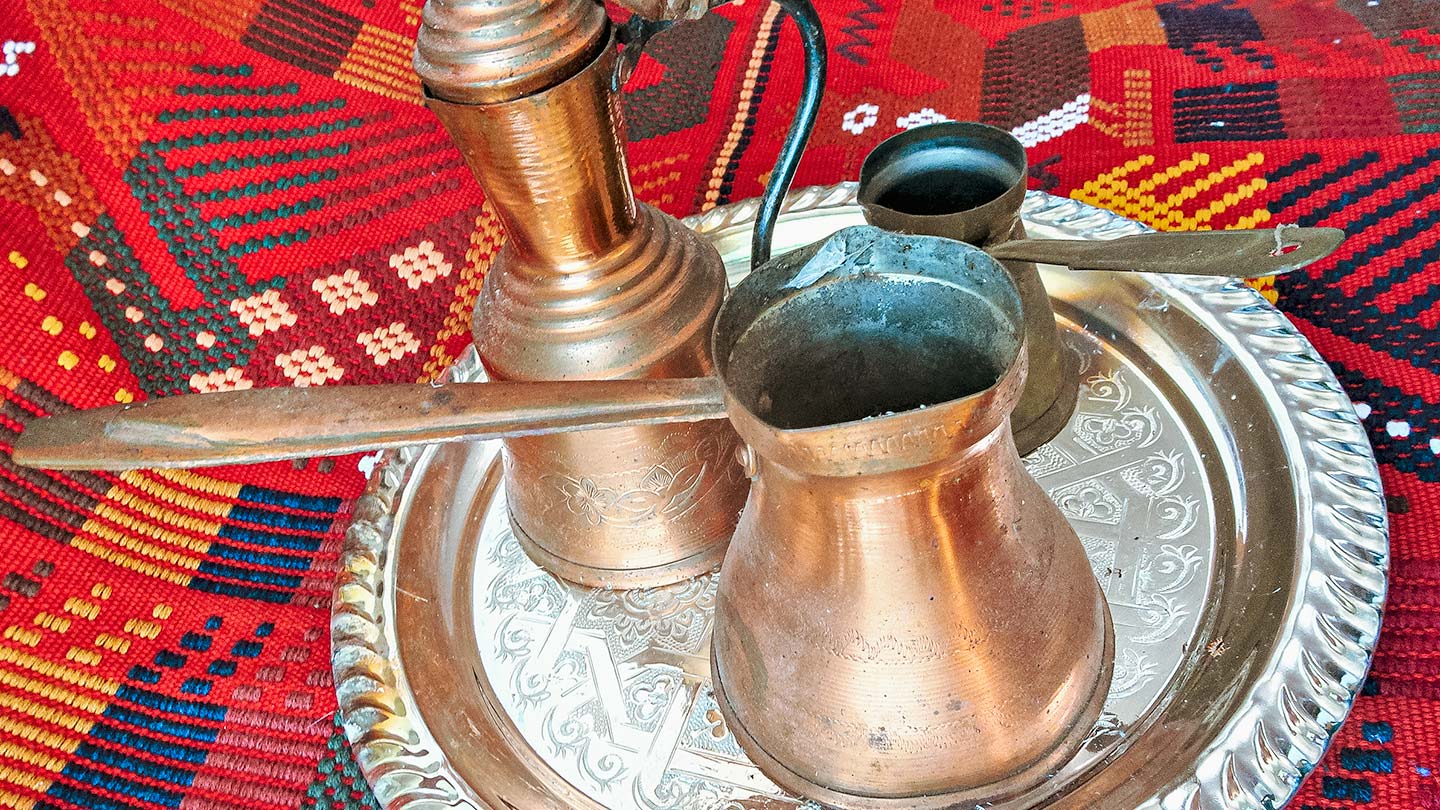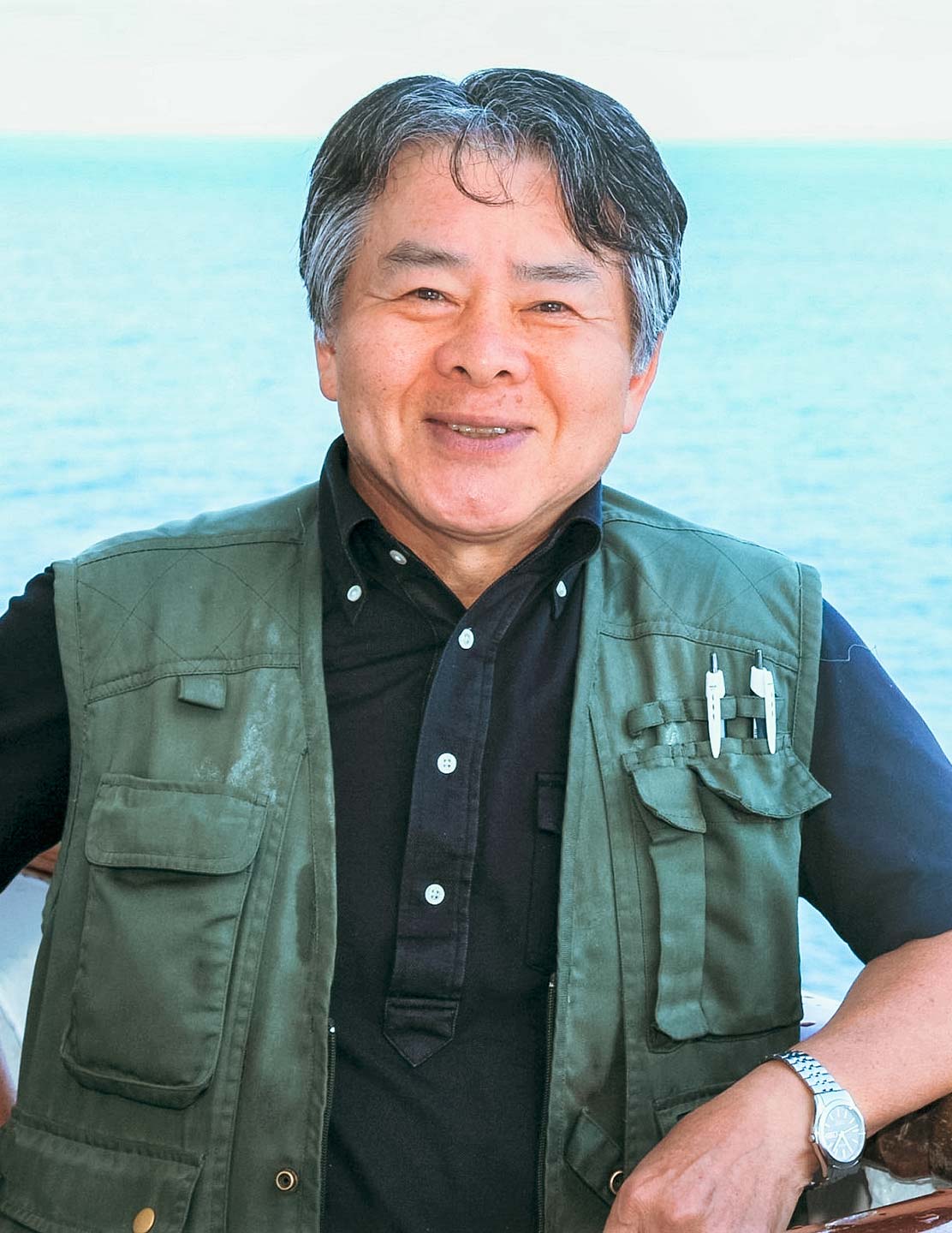
Journal
Prologue
Around the World with Coffee: How Specialty Coffee is Changing the Industry
Nowadays, you can know a lot about coffee. The variety of bean, the best brewing technique, the exact farm it was made on, the historical background. Each cup of coffee comes with an encyclopedic catalog of information. But even with all that, how much do we really know about Guatemala, Colombia, or any of the places that label our coffee packets? Nicaragua and Costa Rica may share a border, but their national characters have little in common. Mexico and Brazil are separated by continents with differences in everything from soil to society. And of course, this has an effect on the produce.
Nowadays, you can know a lot about coffee. The variety of bean, the best brewing technique, the exact farm it was made on, the historical background. Each cup of coffee comes with an encyclopedic catalog of information. But even with all that, how much do we really know about Guatemala, Colombia, or any of the places that label our coffee packets? Nicaragua and Costa Rica may share a border, but their national characters have little in common. Mexico and Brazil are separated by continents with differences in everything from soil to society. And of course, this has an effect on the produce.
Coffee is a product of nature, it’s the human element that makes it into a drink. Climate, soil, the terroir of coffee, these are not the only factors to affect the flavor. The lifestyle of the farmers, the history of the origin country, the culture of the coffee producers―understanding all the elements that create the ethos of a nation is how we can begin to get the whole picture.
This is also true for the country where the coffee is consumed. England’s preference for tea and France’s preference for coffee are telling of their colonial histories. The milder flavor of the American-invented Café Americano has its origins in WWII. Our favored varieties, how we take our coffee, how it fits into our lifestyle―a coffee culture is influenced by a society’s culture. And by delving deep into our coffee cups, we can hope to gain a better understanding of cultures across the globe.
As a journalist, I’ve spent nearly 50 years reporting news from war zones, natural disasters, revolutions, coup d’états and on other major events throughout the world. My very first overseas assignment was to Latin America, in the equatorial region known as the coffee belt. In Brazil I discovered that coffee was an inseparable part of daily life. It was impossible to pass even a morning without stopping for a coffee and chat at a local cafe. In Jamaica, the export-ready coffee I had at the Blue Mountain farm was delicious. But the local brew in town was terrible. I could literally taste the country’s social and economic disparity.
Coffee is constantly changing. Even within the same region, each farm may produce a different profile. As the political and economic environments shift, so can the flavor. Climate change could mean that by 2050, Arabica coffee production and areas for cultivation will be halved. The flavor you love now may not last forever.
It’s a bit of an enigma, coffee. A stimulant that can wake you up and calm you down. Two completely opposing effects in one cup. If we hope to unravel its mysteries, we must go back to the source, to the countries where the seed to cup journey begins.
Join me as I travel across the world with coffee, and take a look inside your daily cup to see how specialty coffee is building a more ethical, fairer, and humane world for coffee.
